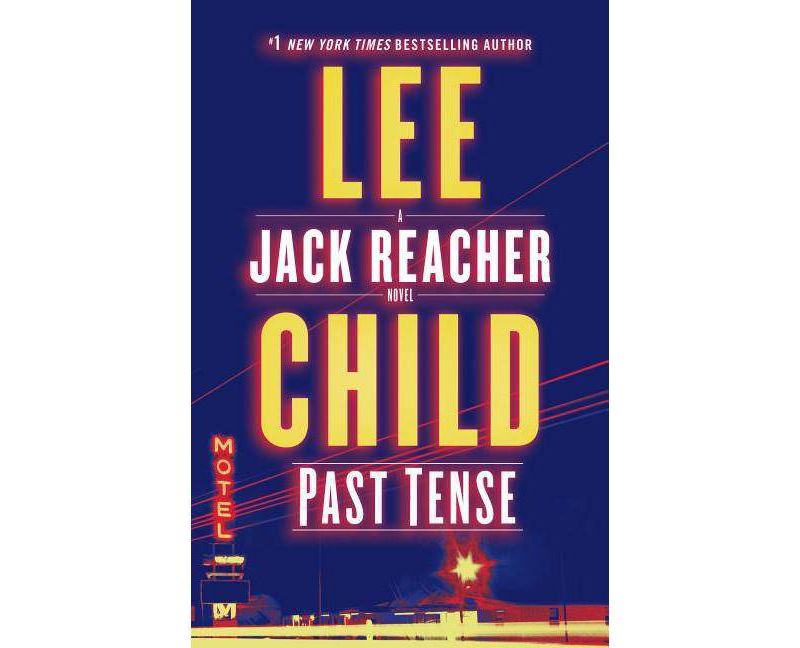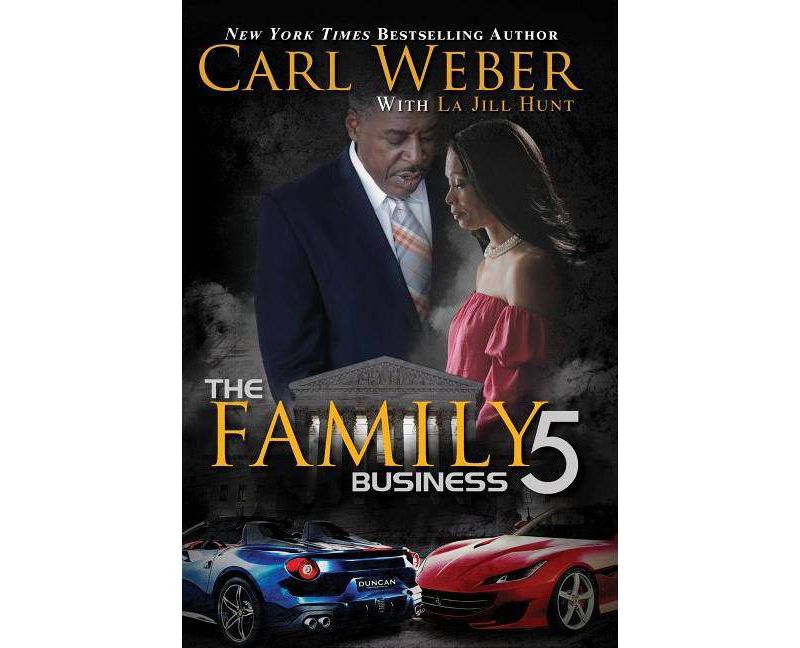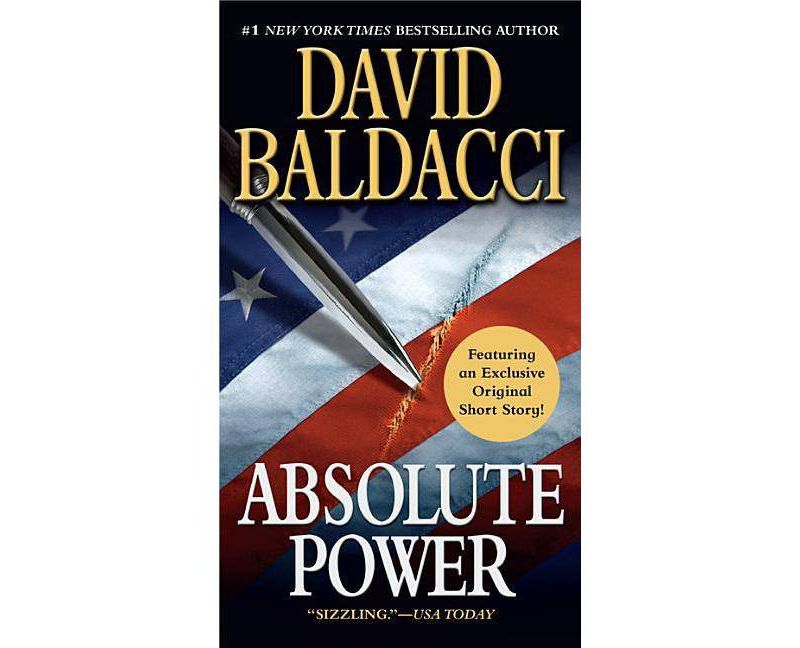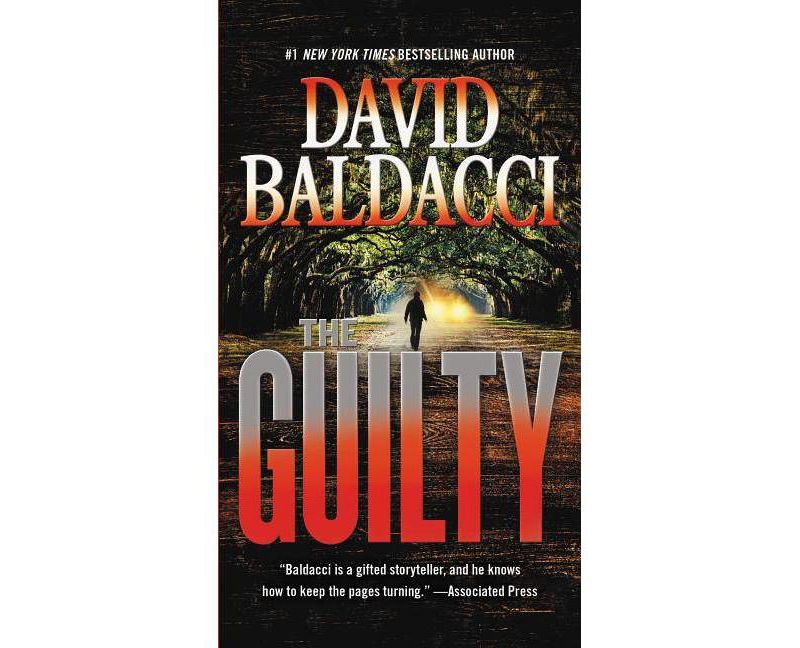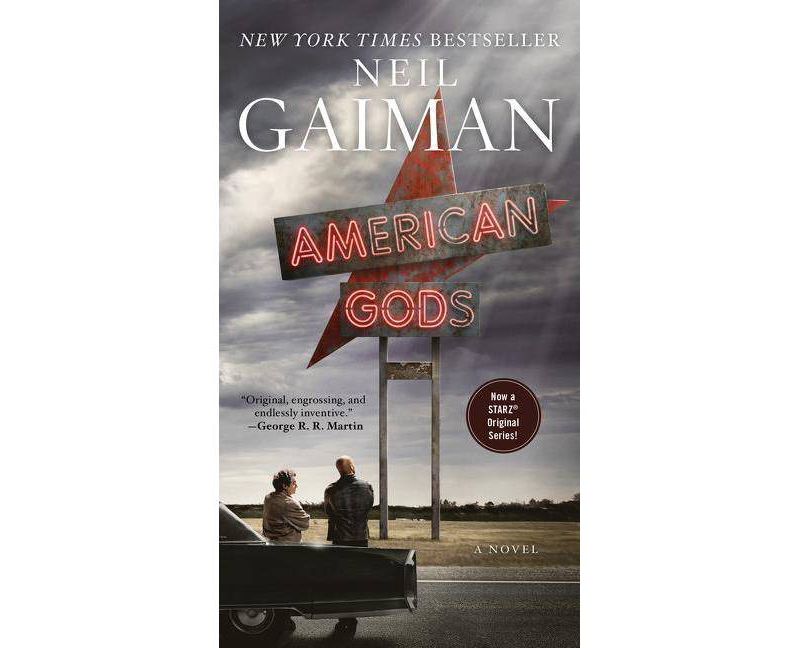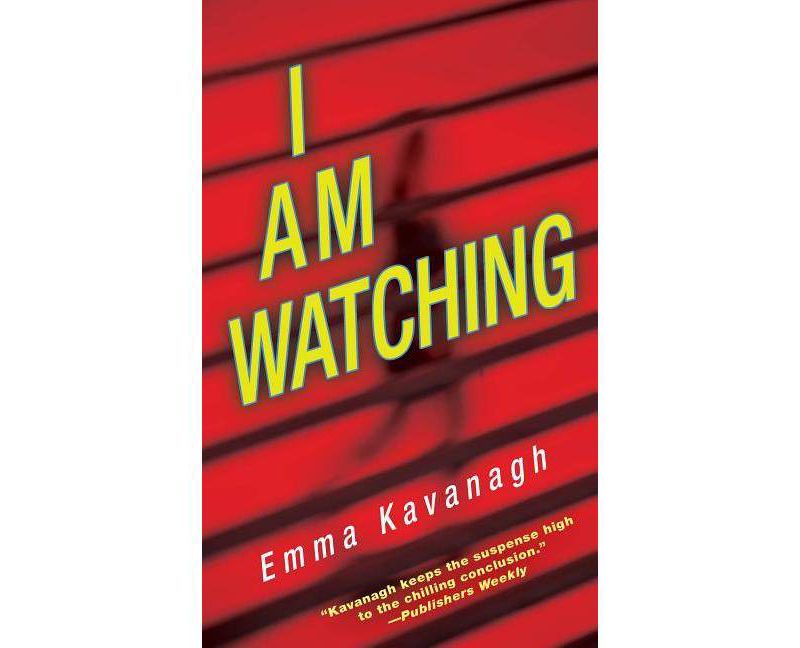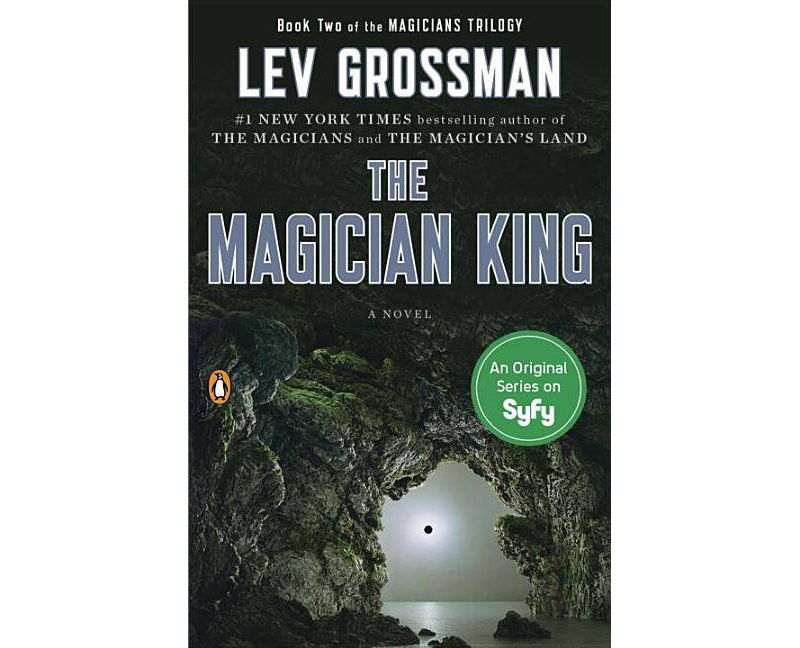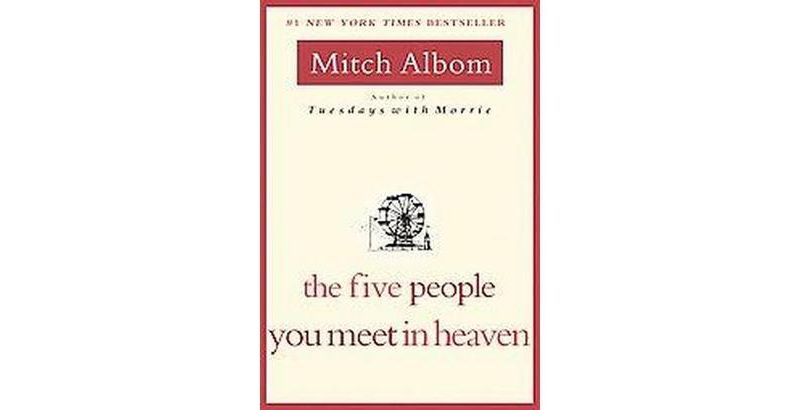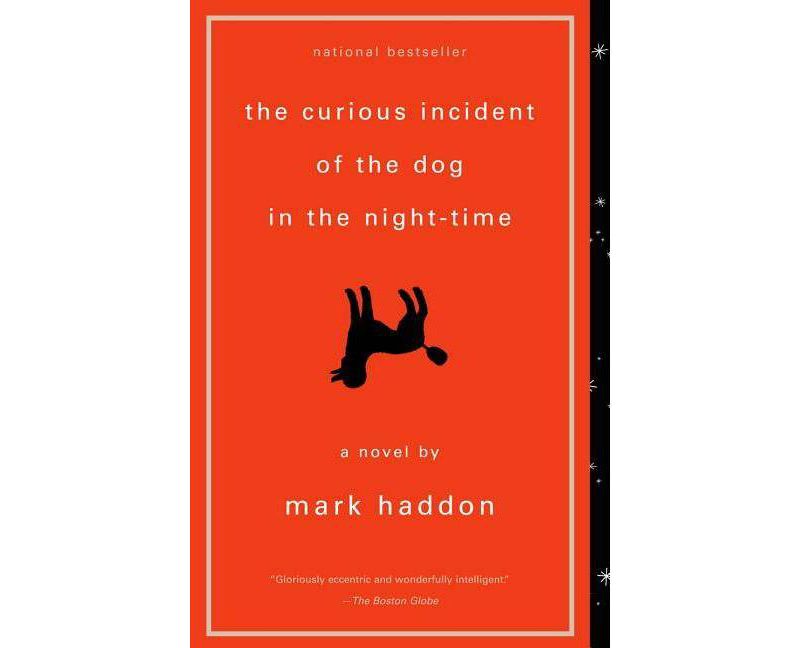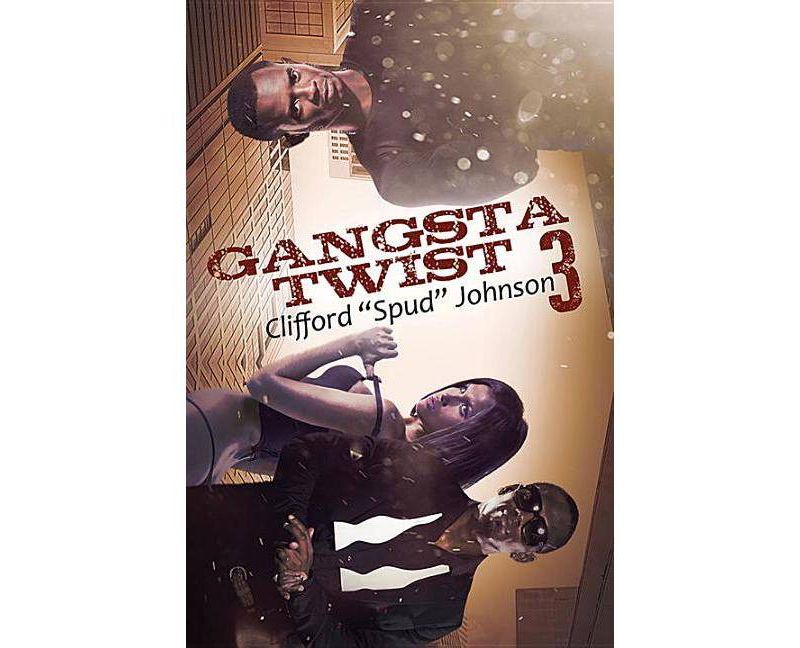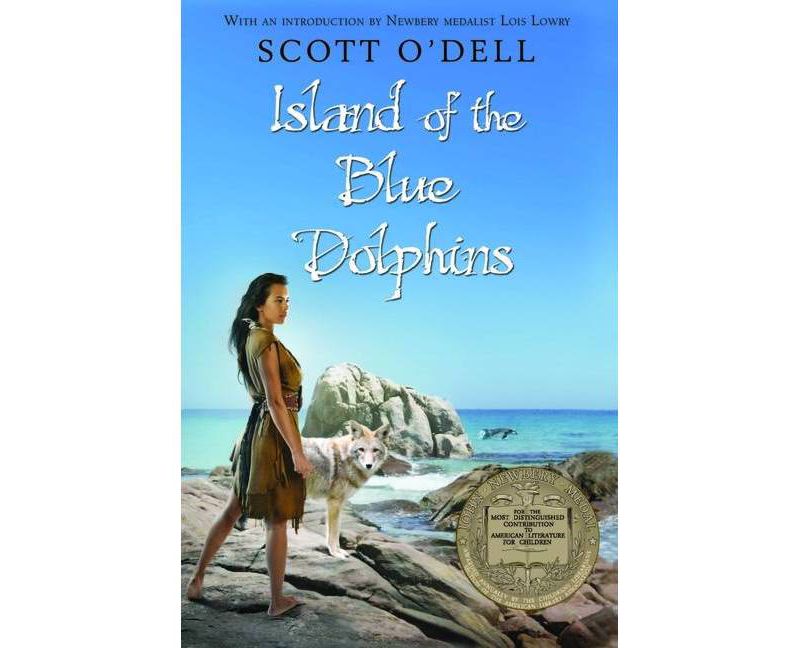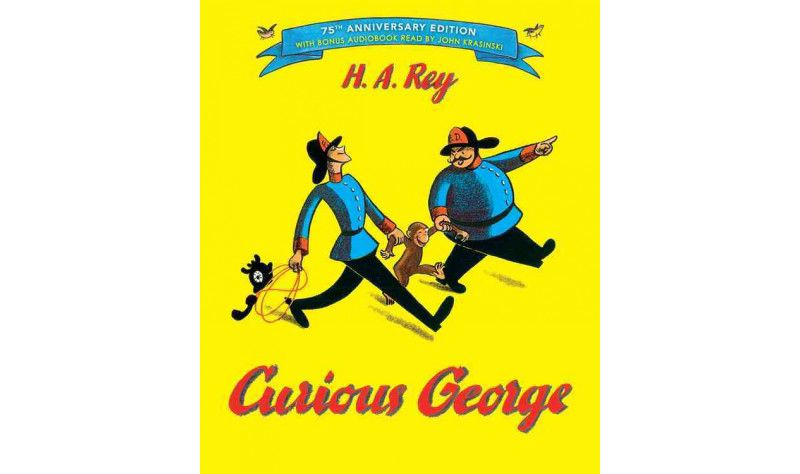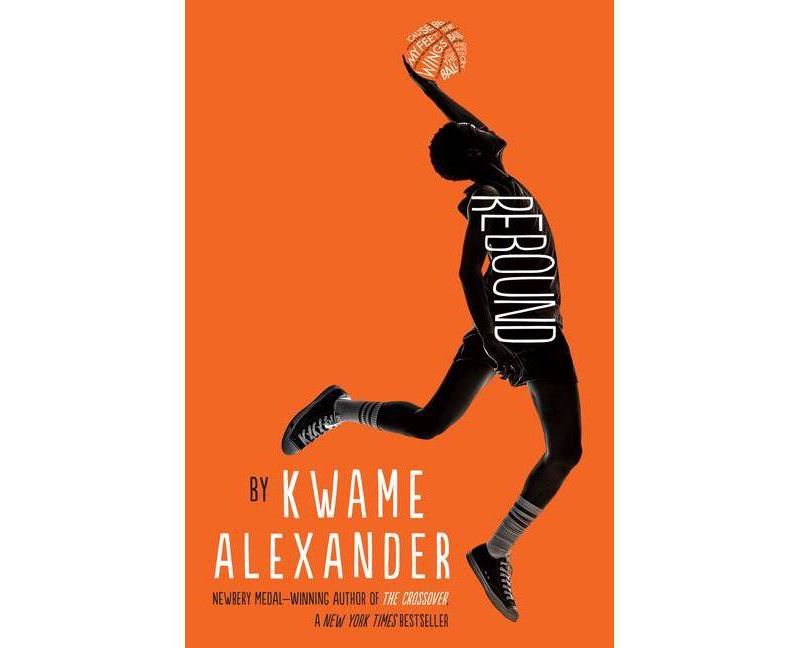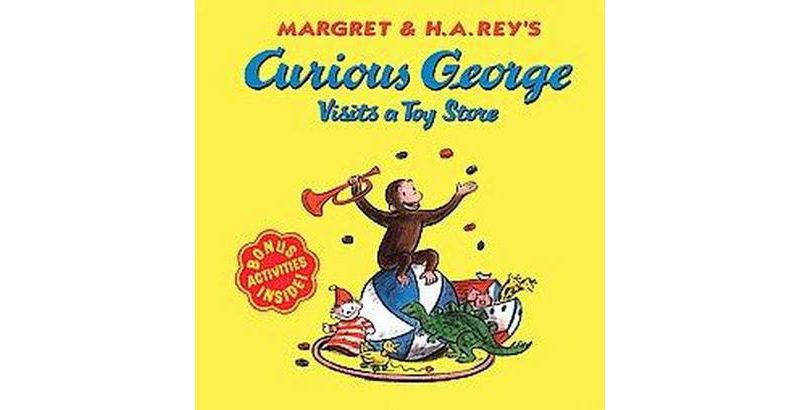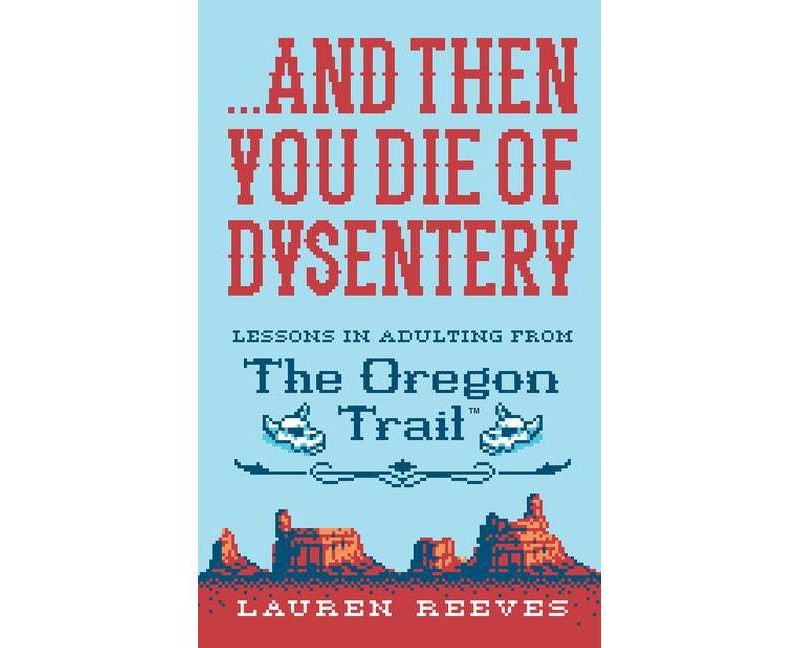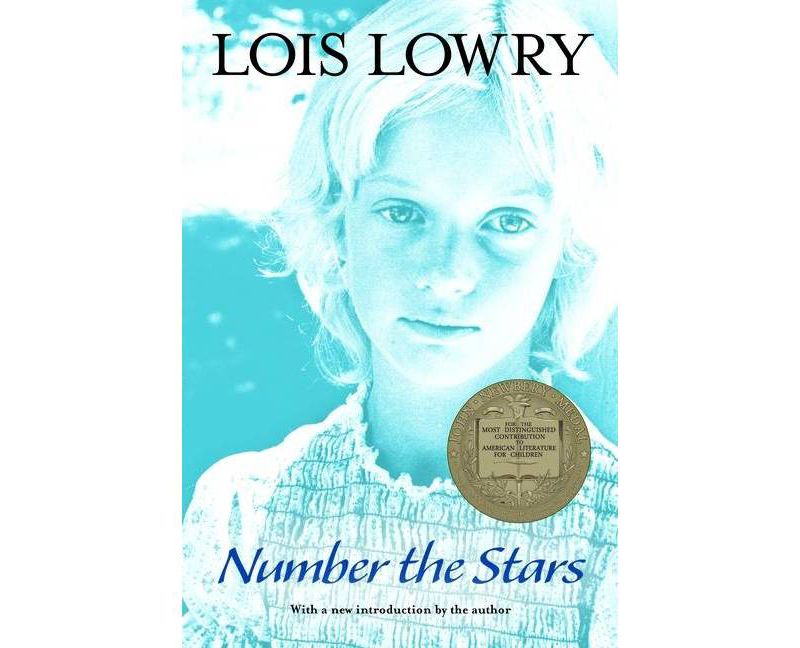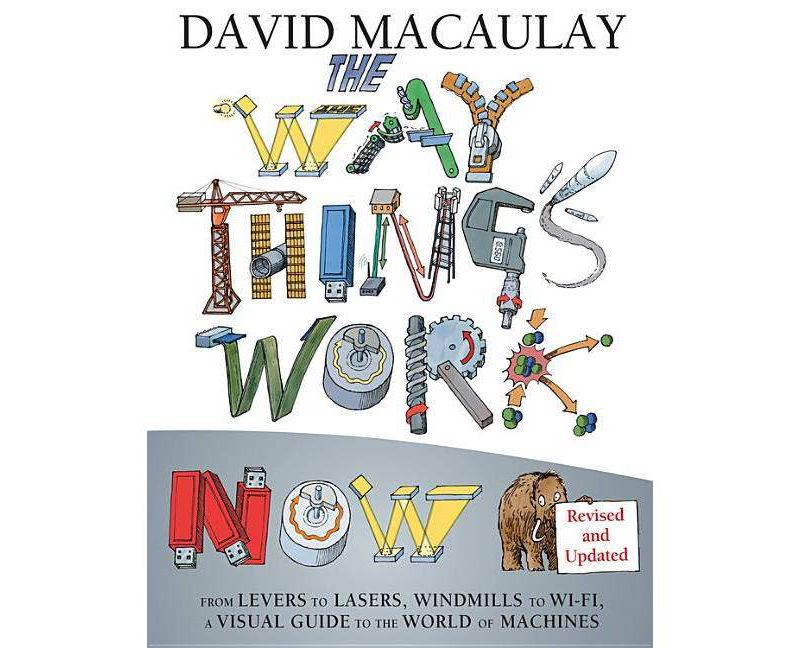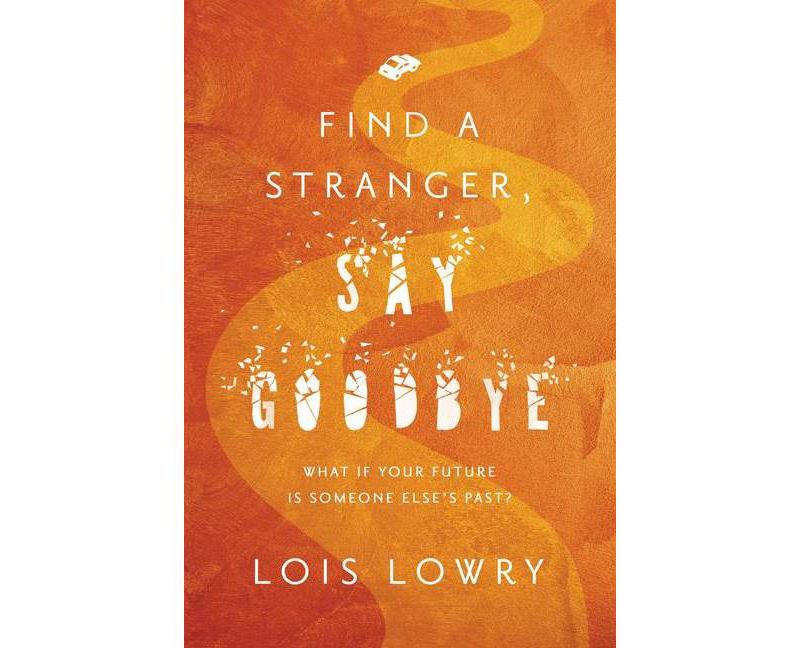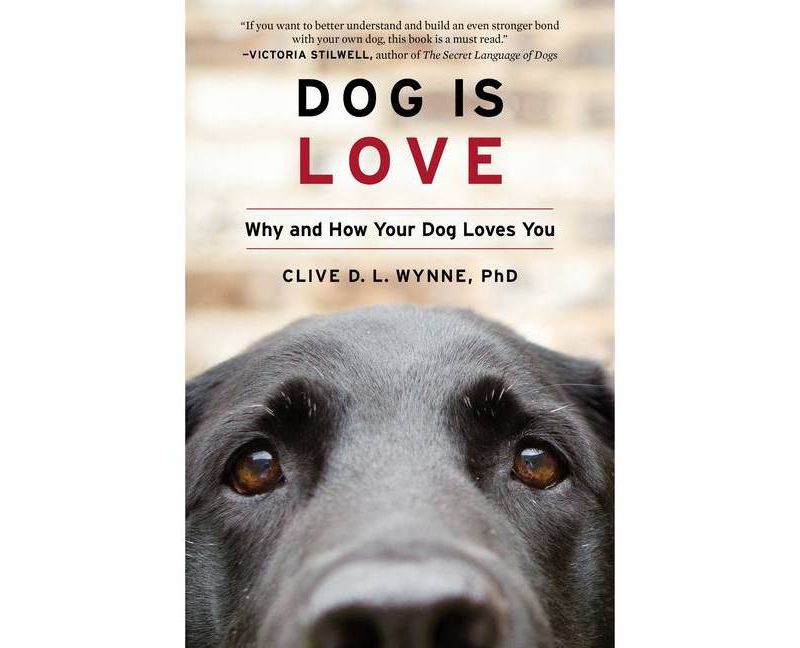Trusted shipping
Easy returns
Secure shopping
Buy Man in the High Castle (Reissue) (Paperback) (Philip K. Dick) in United States - Cartnear.com
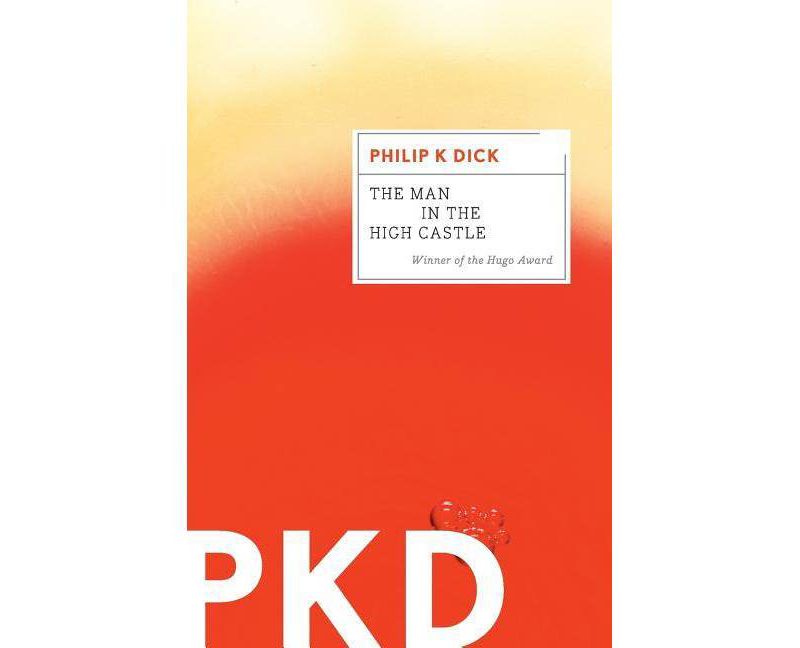
Man in the High Castle (Reissue) (Paperback) (Philip K. Dick)
CTNR256475 09780547572482 CTNR256475HMH
2027-01-14
/itm/man-in-the-high-castle-reissue-paperback-philip-k-dick-256475
USD
11.55
$ 11.55 $ 11.67 1% Off
Item Added to Cart
customer
*Product availability is subject to suppliers inventory
SHIPPING ALL OVER UNITED STATES
100% MONEY BACK GUARANTEE
EASY 30 DAYSRETURNS & REFUNDS
24/7 CUSTOMER SUPPORT
TRUSTED AND SAFE WEBSITE
100% SECURE CHECKOUT
Dimensions (Overall): 8.05 Inches (H) x 5.3 Inches (W) x .75 Inches (D)
Weight: .5 Pounds
Number of Pages: 274
Genre: Fiction + Literature Genres
Sub-Genre: Literary
Format: Paperback
Publisher: Houghton Mifflin Harcourt
Author: Philip K. Dick
Age Range: Adult
Language: English
It's America in 1962. Slavery is legal once again. The few Jews who still survive hide under assumed names. In San Francisco, the I Ching is as common as the Yellow Pages. All because some twenty years earlier the United States lost a war and is now occupied by Nazi Germany and Japan.
This harrowing, Hugo Award-winning novel is the work that established Philip K. Dick as an innovator in science fiction while breaking the barrier between science fiction and the serious novel of ideas. In it Dick offers a haunting vision of history as a nightmare from which it may just be possible to wake.
Winner of the Hugo Award
Over a career that spanned three decades, Philip K. Dick (1928-1982) wrote 121 short stories and 45 novels, establishing himself as one of the most visionary authors of the twentieth century. His work is included in The Library of America and has been translated into more than 25 languages. Eleven works have been adapted to film, including Blade Runner (based on Do Androids Dream of Electric Sheep?), Total Recall, Minority Report, and A Scanner Darkly.
"
Weight: .5 Pounds
Number of Pages: 274
Genre: Fiction + Literature Genres
Sub-Genre: Literary
Format: Paperback
Publisher: Houghton Mifflin Harcourt
Author: Philip K. Dick
Age Range: Adult
Language: English
About the Book
In The Man in the High Castle, Philip K. Dick's alternate history classic, the United States lost World War II and was subsequently divided between the Germans in the east and the Japanese in the west. In this world, we meet characters like Frank Frink, a dealer of counterfeit Americana who is himself hiding his Jewish ancestry; Nobusuke Tagomi, the Japanese trade minister in San Francisco, unsure of his standing within the beauracracy and Japan's with Germany; and Juliana Frink, Frank's ex-wife, who may be more important than she realizes. These seemingly disparate characters gradually realize their connections to each other just as they realize that something is not quite right about their world. And it seems as though the answers might lie with Hawthorne Abendsen, a mysterious and reclusive author whose bestselling novel describes a world in which the US won the War... The Man in the High Castle is Dick at his best, giving readers a harrowing vision of the world that almost was.Book Synopsis
The basis for the Amazon Original series It's America in 1962. Slavery is legal once again. The few Jews who still survive hide under assumed names. In San Francisco, the I Ching is as common as the Yellow Pages. All because some twenty years earlier the United States lost a war--and is now occupied by Nazi Germany and Japan. This harrowing, Hugo Award-winning novel is the work that established Philip K. Dick as an innovator in science fiction while breaking the barrier between science fiction and the serious novel of ideas. In it Dick offers a haunting vision of history as a nightmare from which it may just be possible to wake. "The single most resonant and carefully imagined book of Dick's career." --New York TimesFrom the Back Cover
The single most resonant and carefully imagined book of Dick s career. New York TimesIt's America in 1962. Slavery is legal once again. The few Jews who still survive hide under assumed names. In San Francisco, the I Ching is as common as the Yellow Pages. All because some twenty years earlier the United States lost a war and is now occupied by Nazi Germany and Japan.
This harrowing, Hugo Award-winning novel is the work that established Philip K. Dick as an innovator in science fiction while breaking the barrier between science fiction and the serious novel of ideas. In it Dick offers a haunting vision of history as a nightmare from which it may just be possible to wake.
Winner of the Hugo Award
Over a career that spanned three decades, Philip K. Dick (1928-1982) wrote 121 short stories and 45 novels, establishing himself as one of the most visionary authors of the twentieth century. His work is included in The Library of America and has been translated into more than 25 languages. Eleven works have been adapted to film, including Blade Runner (based on Do Androids Dream of Electric Sheep?), Total Recall, Minority Report, and A Scanner Darkly.
"
About The Author
Over a writing career that spanned three decades, PHILIP K. DICK (1928-1982) published 36 science-fiction novels and 121 short stories in which he explored the essence of what makes us human and the dangers of centralized power. Toward the end of his life, his work turned to deeply personal, metaphysical questions concerning the nature of God. Eleven novels and short stories have been adapted to film, notably, Blade Runner (based on Do Androids Dream of Electric Sheep?), Total Recall, Minority Report, and A Scanner Darkly. The recipient of critical acclaim and numerous awards throughout his career, Dick was inducted into the Science Fiction Hall of Fame in 2005, and in 2007 the Library of America published a selection of his novels in three volumes. His work has been translated into twenty-five languages.

